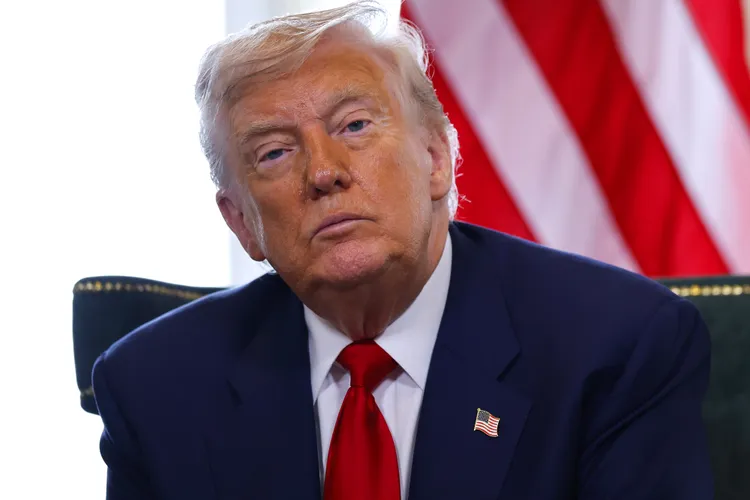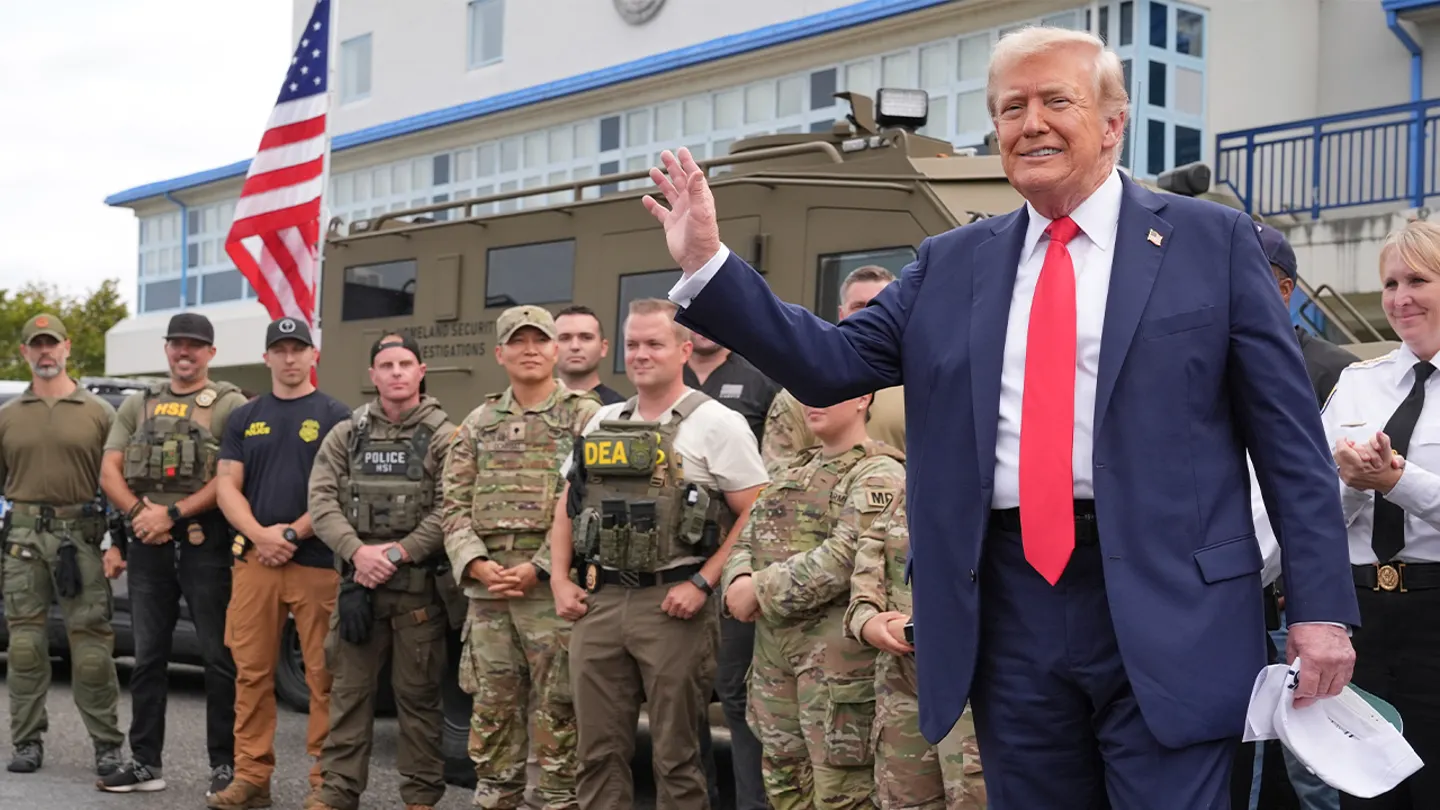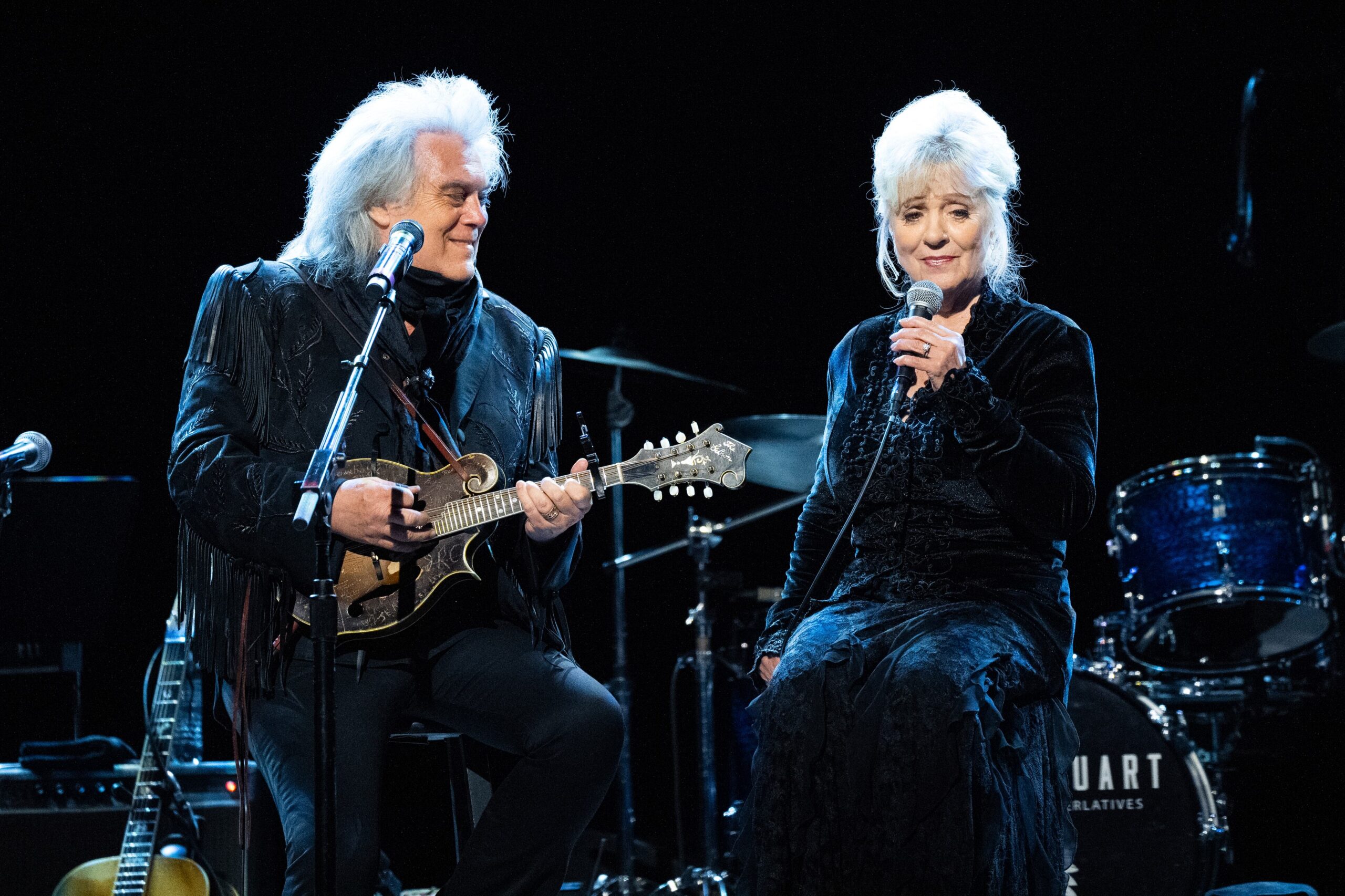Under the direction of Joseph Edlow, the recently appointed director of U.S. Citizenship and Immigration Services (USCIS), the U.S. citizenship test is about to undergo a significant makeover. Edlow is advocating for a more stringent exam that, in his opinion, more accurately represents American ideals and governance, echoing measures from President Donald Trump’s first term.
At the moment, candidates must accurately respond to six of ten civics questions selected from a predetermined pool of 100. According to Edlow, this approach is too straightforward and encourages memorization over substantive civic education. A variant that was temporarily used in 2020 and required successfully answering 12 out of 20 questions might be reinstated by the proposed change.
Proponents contend that the move will improve knowledge of American history and politics, while detractors caution that it may disproportionately affect elderly individuals, refugees, immigrants with weak English proficiency, and those with impairments. Before being discontinued in 2024, a 2022 pilot program that tested multiple-choice questions and an image-based English speaking component received over 1,300 public responses.
Reform of the H-1B Visa Program Is the Goal
Additionally, the Trump administration is working to make significant adjustments to the H-1B visa program. A proposed rule presented by the Department of Homeland Security to the Office of Management and Budget would replace the current random lottery selection method with a weighted approach that favors applicants with higher salaries, Edlow said in July.
Edlow says the intention is to make sure the program helps American workers by deterring businesses from using lower-paid overseas labor. In a recent interview with The New York Times, he stated that it should undoubtedly have a favorable impact on our economy.
Currently, 85,000 H-1B visas are granted each year. In an effort to stop what detractors claim is systemic abuse to undercut domestic wages, the proposed amendments would give preference to businesses that target highly trained overseas personnel and pay higher salary.
Unlikely Partnerships and Increasing Opposition
Unusual allies have joined forces with the planned reforms. Leaders in the tech sector, like Elon Musk, who once backed the H-1B program, now favor overhauling it. On the other hand, longstanding opponent of the program Senator Bernie Sanders now supports President Trump. Vice President JD Vance, meantime, has maintained that the system too frequently enables businesses to substitute cheaper foreign labor for American workers.
Business executives and immigration advocates are already voicing their concerns. Former Biden administration official Doug Rand has questioned the legality of a wage-based selection process, claiming it could compromise the program’s initial goal of luring talented graduates.
The federal regulatory procedure, which involves public comment and possible legal challenges, must still be followed by the proposals. Even though no lawsuits have been brought yet, legal professionals anticipate that any final rule will be closely examined in court.












